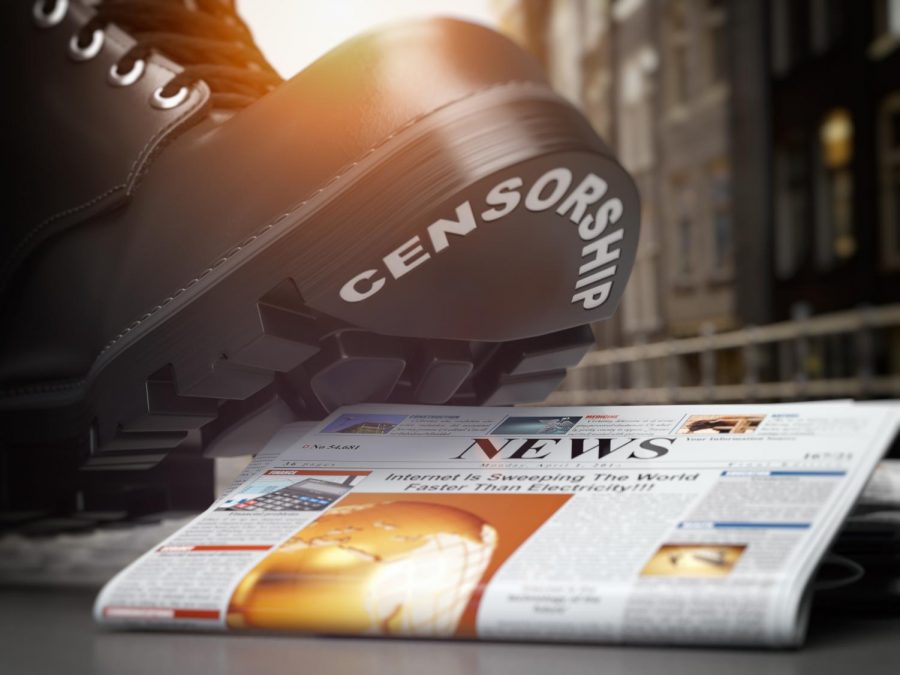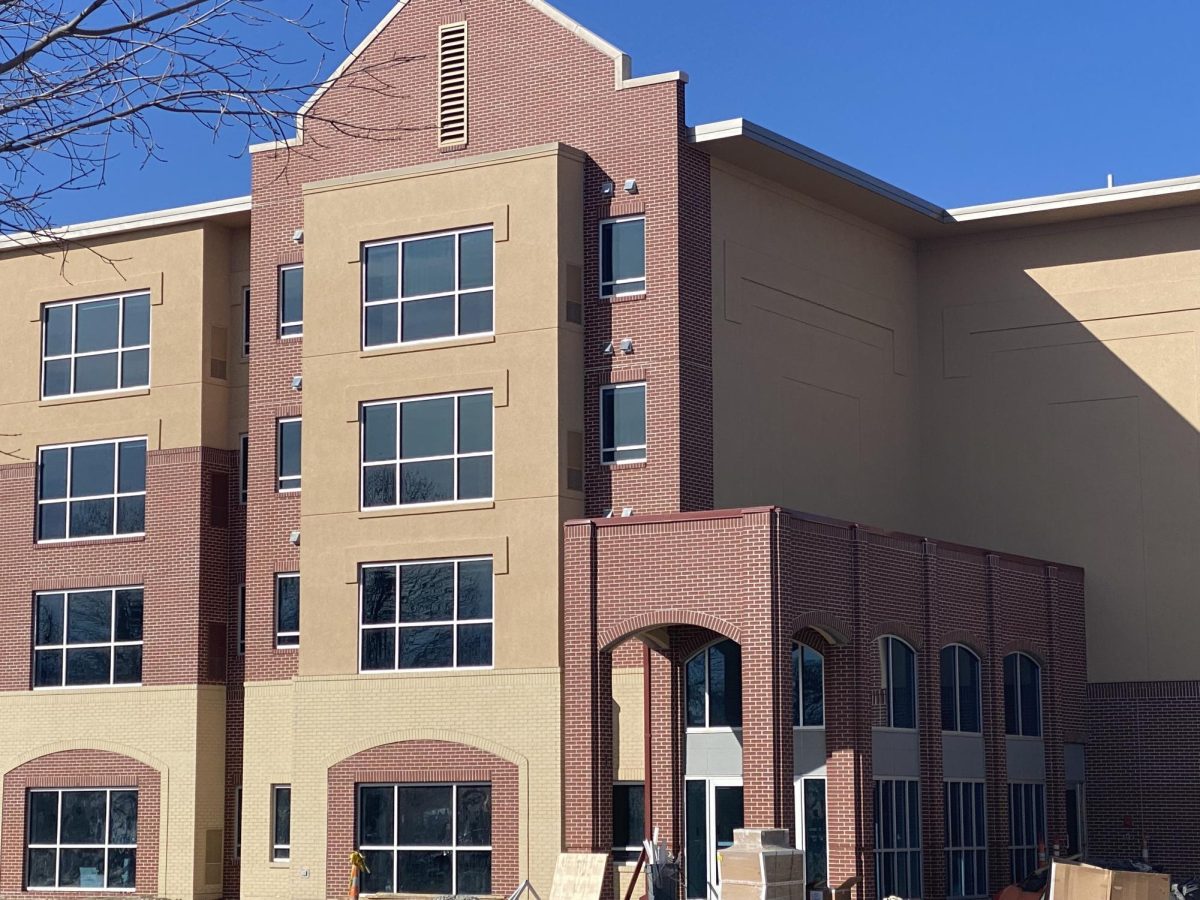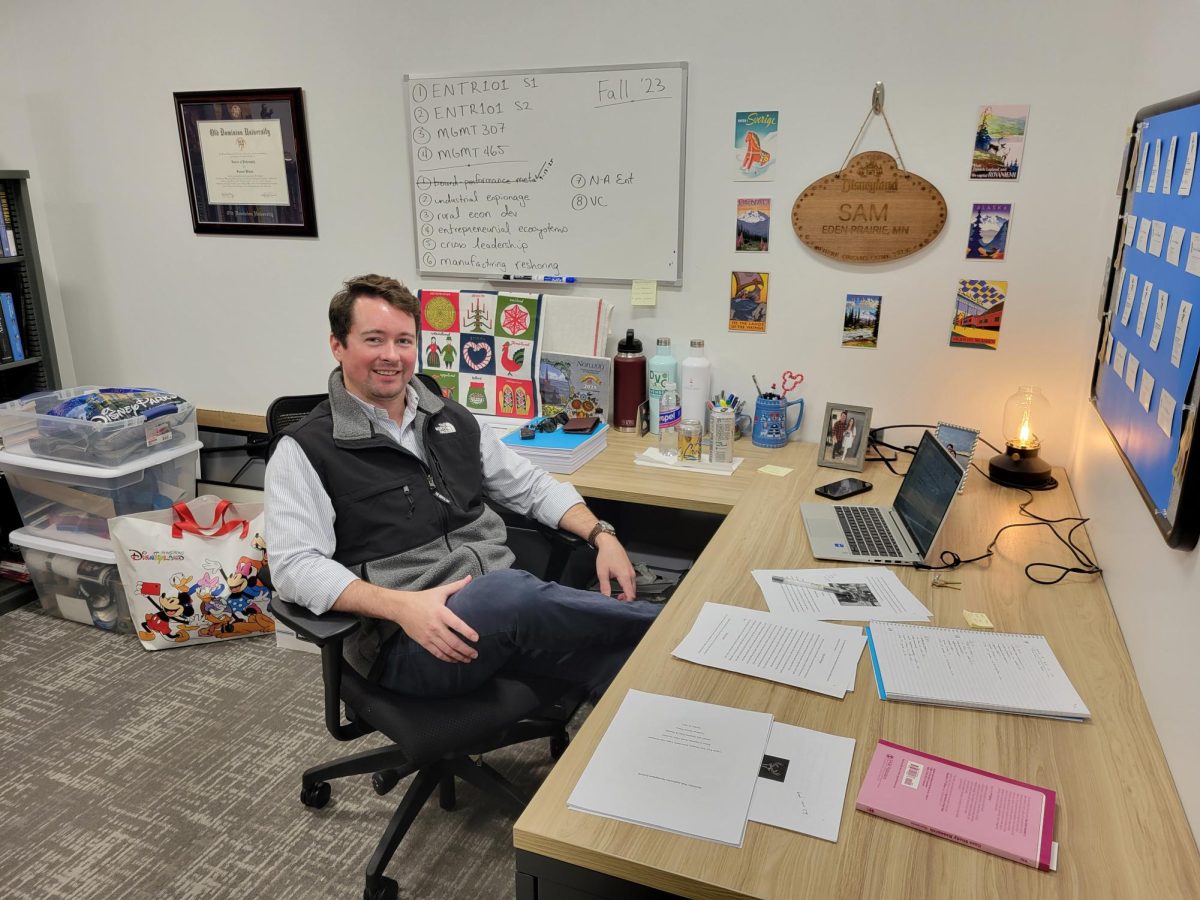What’s App-ening? Free Speech and Censorship Issues in America
December 8, 2017
Censorship:
“The suppression of prohibition of any parts of books, films, news, etc., that are considered obscene, politically unacceptable or a threat to security.”
Freedom of Speech:
“The right to express opinions without censorship or restraint.”
The First Amendment Right Freedom of Speech, and censorship go hand in hand. Both have been violated in many cases in the past years, and have different meanings to different people, including the United States Supreme Court. I asked my Facebook friends to share what the freedom of speech and censorship meant to them and I got a variety of answers:
“It means I get to express my personal opinion,” said Iowa State University student Kyra Hoffman.
“Freedom of speech to me means that you have the right to say anything you want to anyone regardless of who they are,” said Western Washington University student Blake Hilde.
“Censorship is a higher action to silence opposing views or those deemed socially unacceptable, this can change with time,” said Buena Vista University (BVU) student Mackenzie Rappe.
“Censorship is a way that the government protects the individuals consuming public information (especially children and the faint hearted) from sensitive material,” said BVU student Taylor Prather.
In recent news, there is talk of Chinese government deleting posts involving a kindergarten where the students were allegedly abused. The Chinese government has deleted posts with information on these accusations, according to Mashable.
The Chinese government is notorious for blocking different social media sites such as WhatsApp, Facebook, and YouTube. They even have a censored version of these social media sites monitored by government officials.
Freedom of Speech, and issues of censorship are making headlines in the United States, too. In the past year, there have been many protests of President Donald Trump. People have used their freedom of speech to speak out about our current president.
Issues of freedom of speech came home to BVU’s campus when students conducted their own silent protest. Several student athletes “took a knee” at the homecoming football game, following a national protest of social injustice started by Colin Kaepernick. There were also women’s marches all over the country this in protest for women’s rights. This was a practice of freedom of speech.
Freedom of Speech allows people to share their opinions freely, and it allows people to disagree with what they are saying. There is a famous quote that reads: “I disapprove with what you say, but I will defend to the death your right to say it.”
While the freedom of speech allows people to say what they please, there are potential problems when authorities attempt to censor what they say.
In recent news, a student wore a t-shirt supporting Donald Trump for his school yearbook photo, and the Trump logo was censored out of the photo. It eventually came to light that three students’ photos had been altered.
The superintendent of the school took responsibility for the censorship, establishing that it was a violation of the students’ freedom of speech, according to U.S. Weekly.
It is evident from examples in the media, that issues such as these come up quite often. This is why it is important that everyone has knowledge of the freedom of speech and censorship.
It is the duty of all American citizens to know their rights.
Founding President of the United States George Washington, once said: “If the freedom of speech is taken away, then dumb and silent we may be led, like sheep to the slaughter.”






